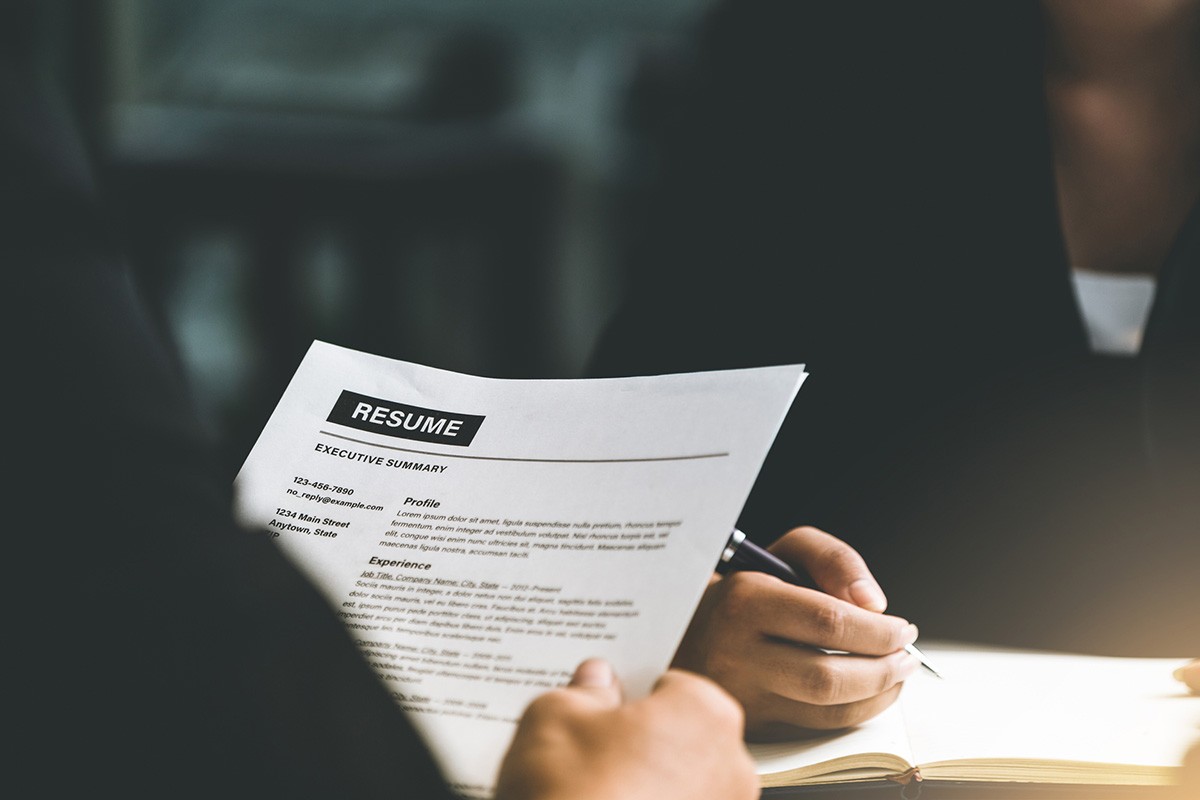Getting a job interview can be difficult, and so can preparing for one. Once the day of the interview arrives, finalists are expected to be at their best.
Here are four tips for success for job finalists on the day of the interview:
1. Be Polite to Everyone You Meet
By the time you’ve scheduled a job interview, you most likely have already communicated directly with a recruiter or someone else from the organization. Whether that communication was via email, phone or in-person, you’ve already started making first impressions.
Your interactions with the hiring official are obviously important, but don’t ignore everyone else who is a part of the process, from the security guard to the administrative assistant who asks if you’d like some water. Every point of contact with someone from the organization can impact your chances of getting an offer.
Some interviews also include meals at restaurants or other events offsite. Always be aware of your surroundings, as the interviewer is probably paying close attention to how you treat the general public. Remember, interviews are about more than qualifications.
2. Pay Attention to Your Body Language
Spoken words aren’t the only way to communicate during an interview. Your body language can be an important factor in the employer’s decision, so pay attention to what your body is saying.
Here are some simple things to practice at home so that your body language will communicate what you want during an interview:
- Don’t be too firm or too light with your handshake. Also, be ready for handshakes by carrying your items on your left side; doing so will ensure you’re not scrambling and shuffling papers or a briefcase as you reach out your right hand.
- Maintain eye contact with the interviewer.
- Sit up straight and lean forward slightly to show you’re interested.
- Nod and smile and use other nonverbal cues to communicate to the interviewer that you’re paying attention.
Also, keep in mind that some positions have particular expectations when it comes to body language. For example, police officers need to pay close attention to the nonverbal communication they project while on the job. Be mindful of these expectations and balance them with the tips listed here.
3. Represent Yourself Well in Your Answers
When it comes to answering questions during an interview, practice is important, but performing on the day is what counts the most. Here are some tips for representing yourself well in your answers during a job interview:
- Listen actively and adjust your prepared answers when needed. Listening skills are useful in any industry, but in some professions – like emergency medical services – listening and communicating can save lives. Showcase your listening skills by answering what’s being asked and not forcing scripted answers into spots where they don’t fit.
- Consider your words carefully. You don’t need to fill every bit of silence. Taking a few seconds to gather your thoughts before speaking is better than jumping into an incoherent answer.
- Ask the interviewer to repeat the question when needed. You may be afraid to do so, but if you answer what you thought you heard and not what the interviewer actually asked, that won’t end well.
- Keep your answers brief, but not too brief. Most answers should be less than two minutes long, though it may be appropriate to go longer in some cases.
- Focus on the needs of the organization. Discussing what the interviewer is looking for in the position – and how your skills match their needs – will reinforce that you’ve done your homework. This can be particularly effective when interviewing for a position in management. Managers should be focused on others, so talking only about yourself is a missed opportunity.
- Leave on a good note. At the end of the interview, restate your interest in the position and summarize why you believe you’re a strong fit for the organization. Make sure the last words you say leave a positive impression.
- Finally – and most importantly – be honest. First, it’s the right thing to do. Second, if you do get the job, you’ll be setting yourself up for failure if you don’t represent yourself honestly in the interview.
4. Know What to Avoid on Interview Day
It’s important to know some of the common pitfalls for job seekers. Here are some mistakes to avoid on interview day:
- Don’t be distracted by your cell phone. Consider keeping your phone in airplane mode or even leaving it in your car.
- Don’t address your interviewer too casually. This can leave a poor impression and create unnecessary awkwardness. Professionalism is important, whether you’re interviewing for an executive position or a volunteer role.
- Don’t go on long, unrelated tangents. Do your best to stay focused and answer questions directly. If a five-minute story is needed to set up a point you want to make, you may want to go in a different direction.
- Don’t criticize current or former employers, co-workers or clients. If you complain about a former supervisor, for example, the interviewer may wonder what you will say about them in the future.
- Don’t discuss salary or benefits in length. It’s most appropriate to wait until receiving an offer to discuss compensation. If you receive an offer, then you can bring up salary and, if appropriate, negotiate for more.
Conclusion
The Columbia Southern University Career Services Team produces resources for students and alumni to help them get the jobs they want, whether they’re changing careers or looking for advancement.
We’re proud of our graduates and all they have accomplished after earning degrees. Learn more about your education options at CSU.




